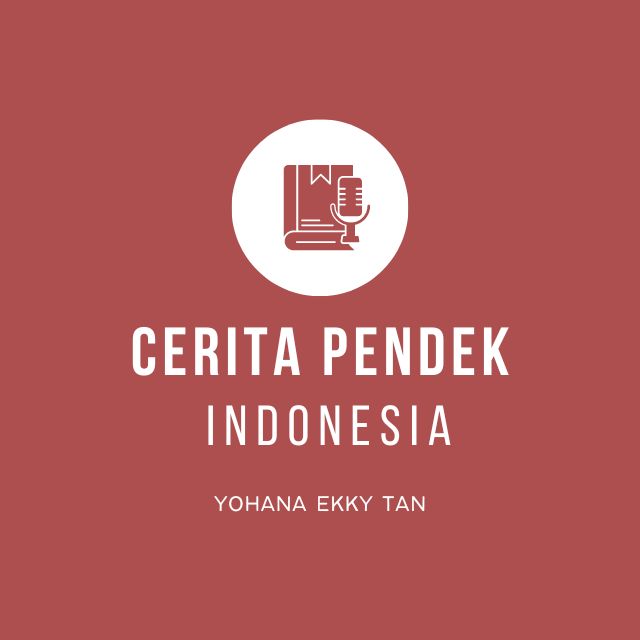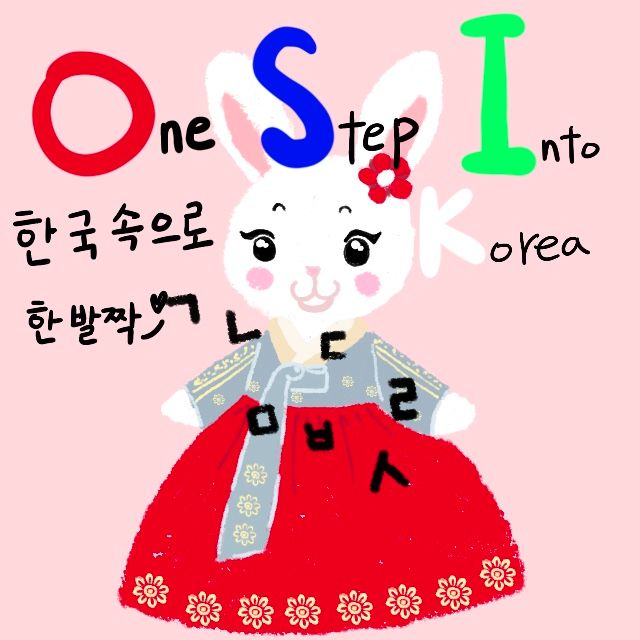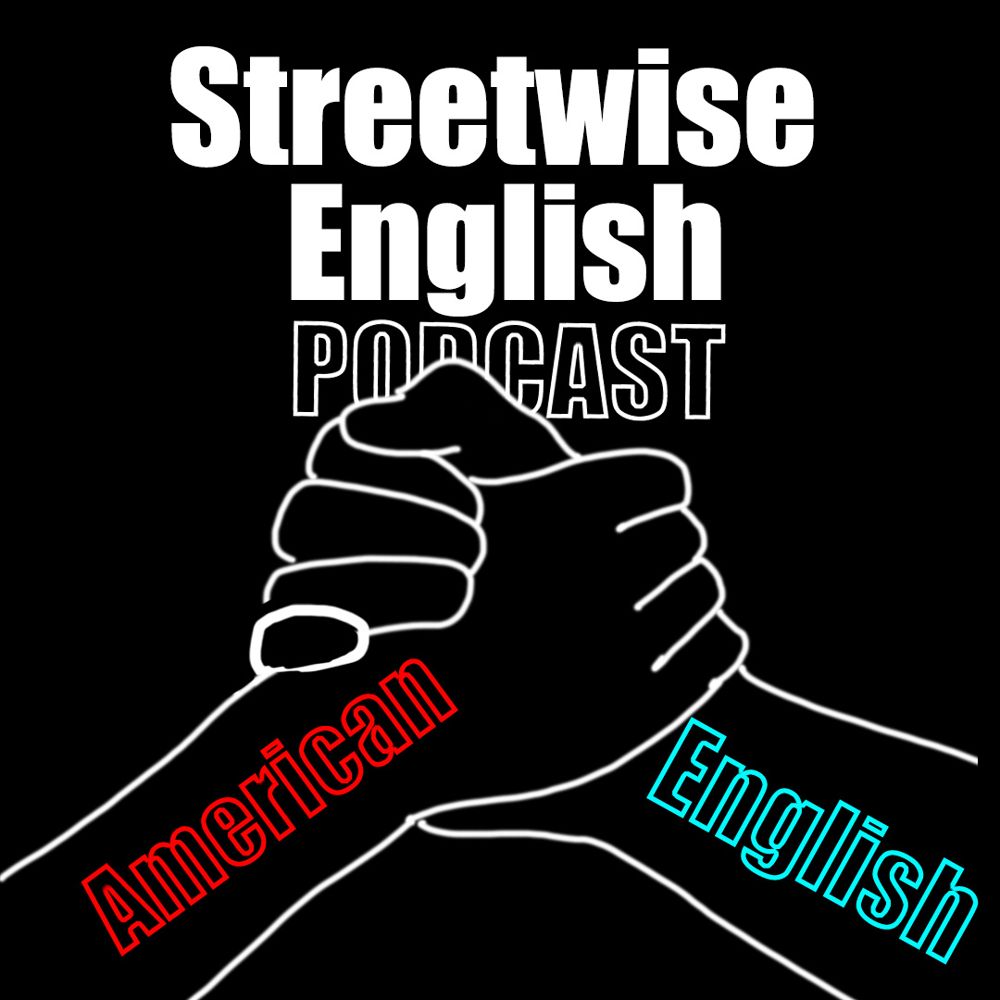Wählen Sie aus verschiedenen Englisch Lehrkräften für ...

汉语语法之“了”
Beschreibung
1. - is used at the end of a sentence to indicate a change and to express a definite tone of voice
2. - The particle "了" can also be used in the structure "要/快/就要/快要 +V/Adj+了" to indicate that the action is about to happen or that the situation is about to change.
3. - The negative adverbs "没有" and "了" cannot occur at the same time. For example, you can either say "我没吃早饭" or "我吃早饭了", not "我没吃早饭了". However, the verbs "没有" and "了" can appear at the same time, e.g.: "我没有钱了."
4.- Some adverbs that emphasise the late occurrence of an action cannot occur at the same time as "了", e.g. "刚、才、刚刚", etc.
5.-Adverbs that indicate that the action occurs frequently and "了" cannot occur at the same time, e.g. "经常、常常、每", etc.
Podcast-Kanal
Eva Wang的channel ——汉语语法对比合集
Autor
Alle Episoden

端午节[duān wǔ jié]~Duan Wu Festival

How to politely refuse an invitation in Italian - 3 minutes Italian

What's your opinion? Rice or Bread

03 Beli Barang

한국 속으로 한 발짝 1 - 새해 / Step into Korea! 1 - New Year and Sunrise 🌅🎉

035 - touch base

Things you SHOULDN'T say in English!

SWE 146 Cats Dogs Men and Women
Beliebte Episoden

“龙”年中国话(“ lóng ” nián zhōng guó huà)
端午节[duān wǔ jié]~Duan Wu Festival

3 minutes Italian
How to politely refuse an invitation in Italian - 3 minutes Italian

What's Your Opinion?
What's your opinion? Rice or Bread

Cerita Pendek Indonesia (A1-A2)
03 Beli Barang

한국 속으로 한 발짝🎶 One Step into Korea🎶
한국 속으로 한 발짝 1 - 새해 / Step into Korea! 1 - New Year and Sunrise 🌅🎉

Brentoni's English Podcast
035 - touch base

Hey Alexis!
Things you SHOULDN'T say in English!

Streetwise English
SWE 146 Cats Dogs Men and Women